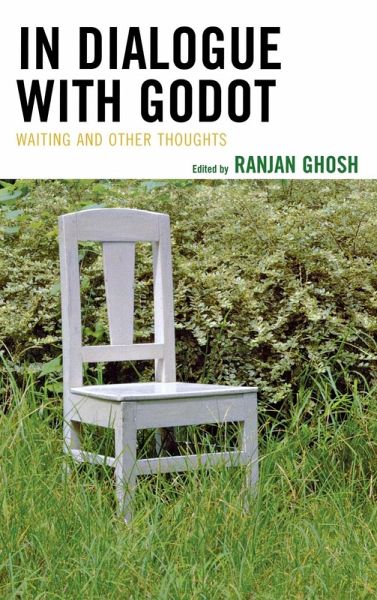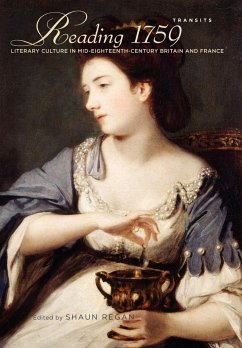
In Dialogue with Godot
Waiting and Other Thoughts
Herausgeber: Ghosh, Ranjan
Versandkostenfrei!
Versandfertig in über 4 Wochen
107,99 €
inkl. MwSt.

PAYBACK Punkte
54 °P sammeln!
In this book, Ghosh puts together thirteen new essays on Beckett’s most popular and widely read play, Waiting for Godot. Contributors explore the play in reference to topics as varied as Hindu philosophy, Agamben, Kristeva, Derrida, the absence of women in the play, Aristotleanism in structural reading, and anti-existentialism.












